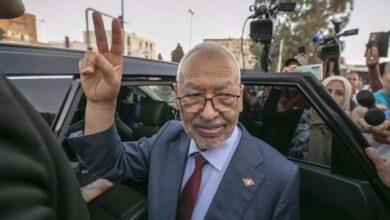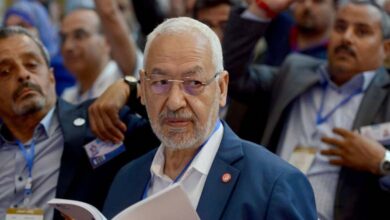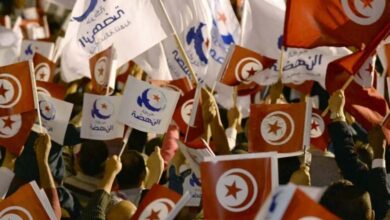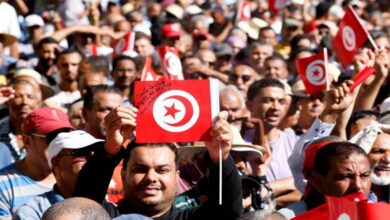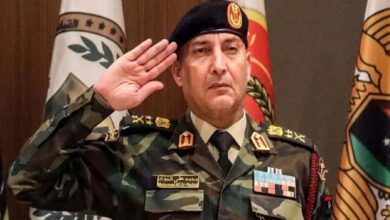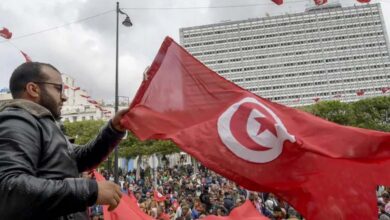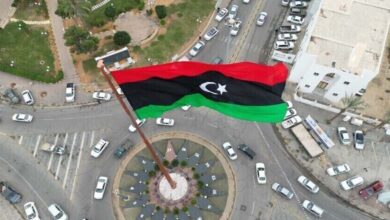A Political Path and a Race for Influence… Libya at a New Crossroads
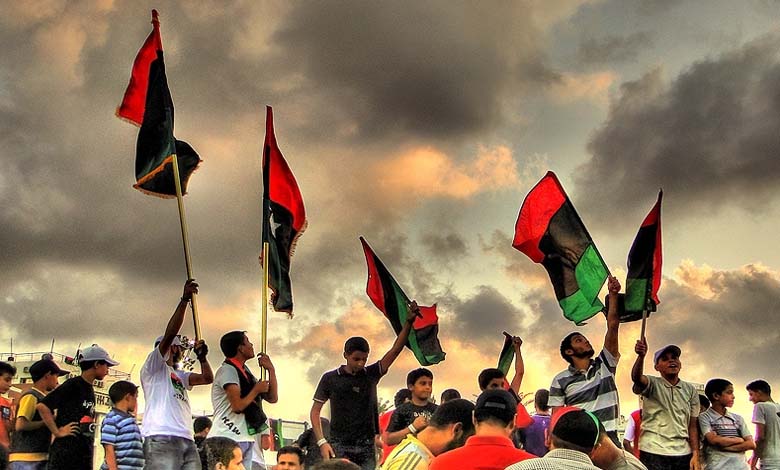
Movements are taking place on various levels in Libya in search of a solution to the crisis that has lasted for 14 years. However, past problems continue to resurface, obstructing progress.
While a political committee prepares to reactivate Libya’s stalled political process, the United Nations Security Council is set to hold a new briefing session in February to discuss developments in the country’s political, security, and humanitarian situation.
Simultaneously, Libya is witnessing intense Western military activity, spanning both the East and the West.
-
Ghanaian Hanna Tetteh Appointed UN Envoy to Libya after Months of Vacancy
-
The hopes of Libyans rest on a political breakthrough with elections next year
Cooperation or Intervention?
Recently, Libya has hosted several official military delegations. The Commander-in-Chief of the Armed Forces, Khalifa Haftar, received a U.S. delegation led by AFRICOM Deputy Commander, General John Brennan.
Haftar also welcomed a high-ranking British delegation headed by Deputy Chief of the UK Defence Staff, General Sir Harvey Smith.
These military visits coincided with escalating tensions between armed militias and foreign forces in Libya, amid ongoing international competition for influence.
-
A Scheme That Made Them Outcasts: The Waning Influence of the Muslim Brotherhood in Libyan Municipal Elections
-
Militia Power: The Kidnapping of an Intelligence Officer Denies Europe Access to Libyan Gas
Libya continues to face severe security instability due to uncontrolled militias, leading to rising crime rates, assassinations, kidnappings, and widespread impunity.
Western Libya is also home to unofficial armed groups and international security firms, such as the American private military company Amentum.
Washington and the Libyan Crisis
At the beginning of last year, Western and American reports revealed Washington’s efforts to strengthen its presence in Libya by expanding its military influence in the western part of the country and sending Pentagon delegations to the region.
-
Libya.. The Constitutional Court Ignites a New Crisis between the Presidential Council and Parliament
-
Libyan City Rises in Support of One of Its Leaders by Blocking Roads and Halting Oil
Libyan military analyst Mohamed Al-Tarhouni stated that numerous local and parliamentary sources had confirmed the increasing activity of the U.S. military attaché, who has been making frequent visits to bases and camps affiliated with the General Staff of the Government of National Unity in Tripoli. This activity coincided with the arrival of Amentum in the Libyan capital and its establishment at the Mitiga military base.
Al-Tarhouni also pointed out that the latest UN Security Council report addressed the presence of foreign forces in Libya. Unlike previous reports, it did not only discuss Western forces in the west and Russian forces in the east but also confirmed what media outlets and activists had been reporting over the past year—that U.S. troops are present at the Mitiga base in western Libya.
-
U.S. aid to Libya reaches one billion dollars
-
Turkey expands its influence in Libya through military cooperation
However, Amentum claims that its role has been limited to training Libyan security forces outside the country under contracts with the U.S. government.
Al-Tarhouni further noted that Libyans had expected more political and diplomatic initiatives rather than military maneuvers to support the UN-led political process. He emphasized that solving the issue of arms proliferation and the withdrawal of all foreign forces should have been a priority.
-
Mohammed El-Senussi: Heir to the Throne and a Potential Solution for Libya’s Crisis?
-
Calls in Libya to Prevent Tunisian Arrest Warrant against Muslim Brotherhood Businessman
Containing Influence?
For his part, Dr. Youssef Al-Farsi, head of the Libya Dignity Party and a professor of political science, confirmed that the United States and other Western nations, particularly the United Kingdom, are actively bolstering their presence in Libya for various reasons.
He explained that the West has lost many of its military footholds in Libya’s neighboring countries, such as Chad and Niger, following France’s withdrawal from its military bases in both nations. Meanwhile, Russian influence has been expanding, as Moscow seeks a strategic position on the Mediterranean. He added, “This is why the West is determined to counter this expansion.”
-
Libya Caught in the Crossfire of Great Power Rivalries… What Are the Possible Scenarios?
-
Is Libya Becoming a Hub for Exporting Armed Militias to Africa?
Al-Farsi further argued that the West views Libya’s political process as doomed to fail, which is why it prioritizes military presence to prepare for any unexpected developments, particularly amid increasing incitement from Islamist leaders. Among them is Sadiq Al-Ghariani, who has openly urged militias to mobilize against the military operation.
Will De-escalation Efforts Succeed?
Recently, the United Nations Support Mission in Libya (UNSMIL) announced the formation of an advisory committee tasked with proposing solutions to the unresolved disputes hindering the country’s long-awaited general elections.
-
Following his resignation, who is the Senegalese Abdoulaye Bathily, the former UN envoy in Libya?
-
European Concerns Over Russian Plans to Establish a Naval Base in Libya
The mission also emphasized the need to curb foreign influence, which has negatively impacted Libya’s crisis over the years.
In this context, Libyan researcher Mohamed Al-Tarhouni noted that Libya has suffered greatly from militia rule and chaos, exacerbated by the intervention of major global powers in its affairs.
-
Details of Washington’s Diplomatic Return Plan to Libya on Congress’s Agenda
-
After the arrest of a State Council Deputy in Derna… Libya’s Brotherhood obstruct solution initiatives again
Meanwhile, Libyan political analyst and journalist Ayoub Al-Ojli described the situation in Libya as highly complex, given the numerous actors involved and their conflicting interests, both domestically and internationally.
Al-Ojli predicted that the new political process is unlikely to succeed due to widespread insecurity, the continued presence of foreign forces, and the failure to address the root causes of the crisis. He also anticipated that skirmishes and clashes over power and territory would continue, even if a new government were formed.


